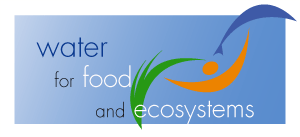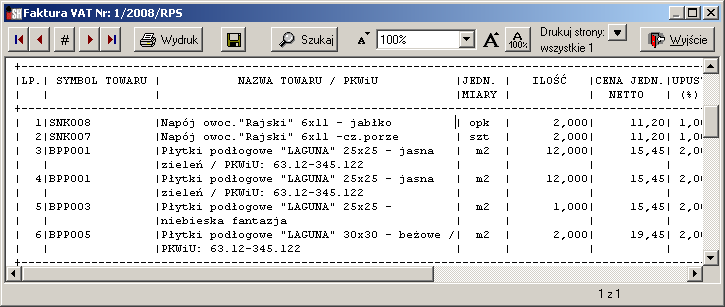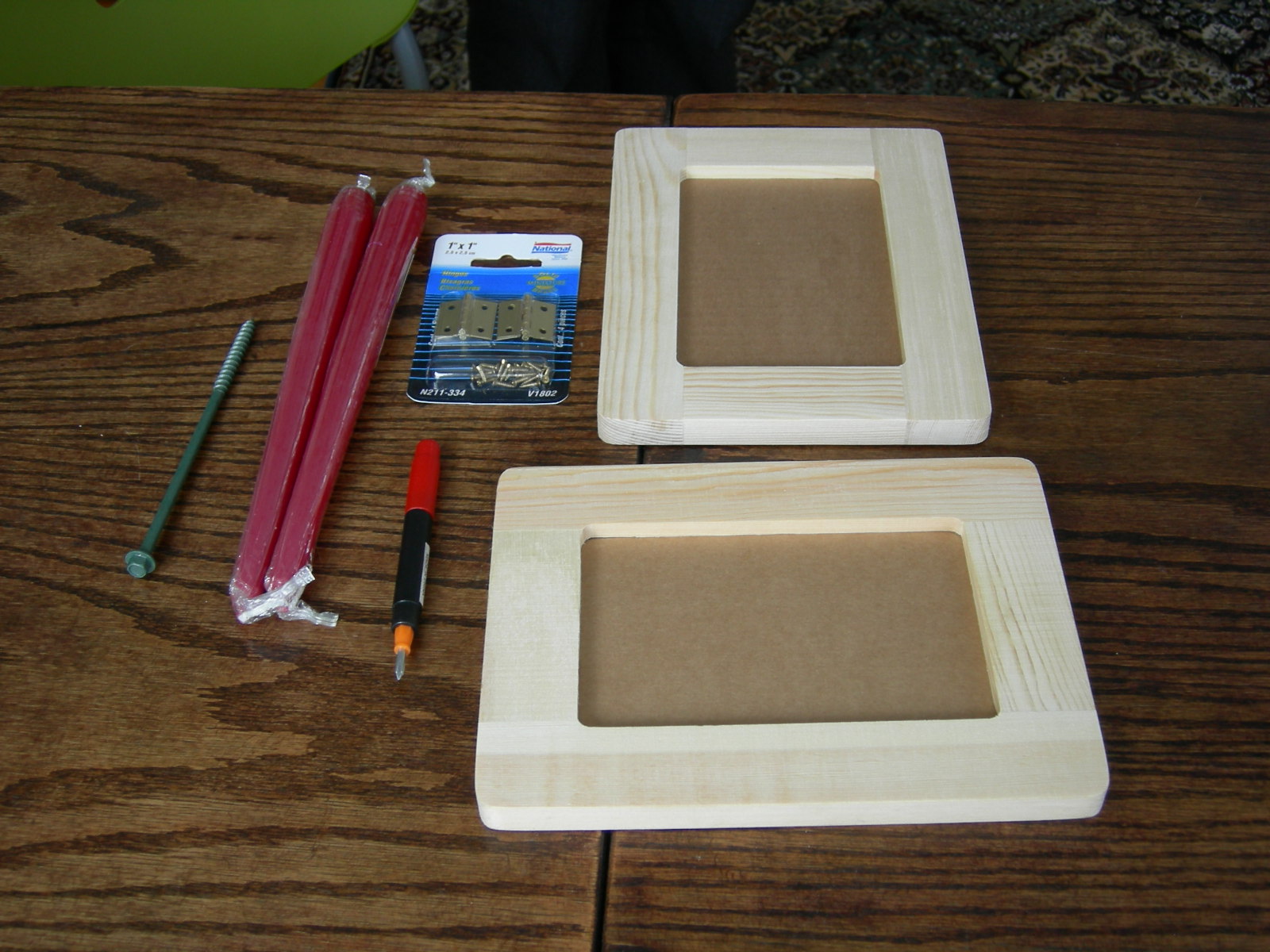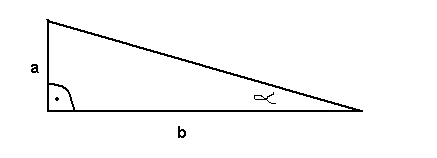FAONETHERLANDS INTERNATIONAL CONFERENCE WATER FOR FOOD AND ECOSYSTEMS MAKE
EFORUM OF THE FAONETHERLANDS CONFERENCE ON WATER FOR FOODFAONETHERLANDS INTERNATIONAL CONFERENCE WATER FOR FOOD AND ECOSYSTEMS MAKE
FAO/Netherlands International Conference
FAO/Netherlands International Conference
![]()


WATER for FOOD and ECOSYSTEMS
Make it happen!
The Hague, The Netherlands, 31 January - 5 February 2005
www.fao.org/ag/wfe2005
Background and rationale
Sustainable use of water is of vital importance for our planet. It is fundamental for both production functions and well functioning ecosystems. However, unsustainable water use is common. Population growth and increased use of water per capita put an increasing pressure on the availability and quality of water resources and on the ecosystems which are key to regulation, supply and purification of water. The poor are the first to suffer from this. Often the satisfaction of basic food needs is obtained at the expense of the natural environment, which in turn threatens the very basis of future food production. This calls for an integrated approach to water resources and ecosystems at the river basin level.
The natural ecosystem plays an essential role in the availability and quality of water. The international community has transformed this increased awareness into commitments to sustainable management of our planet’s natural resources. Today, the questions are no longer whether or why, but rather how we can effectively balance water for livelihoods and for resilient ecosystems in achieving equity, environmental sustainability and economic efficiency. What we need now is implementation of our commitments.
The FAO/Netherlands Conference Water for Food and Ecosystems aims to facilitate the implementation of the existing international commitments on sustainable water use in relation to food and ecosystems. The conference will provide a high-level platform to help governments identify management practices, practical lessons learned and the necessary enabling environments that lead to sustainable water use at the river basin level and the harmonization of food production and ecosystem management with a view to facilitate implementation. The discussion of the conference is closely linked to the Dialogue on Water, Food and Environment.
It is expected that insights and experiences shared at the Conference will find their application in improved actions aimed at implementation at the national, river-basin and local level and reinforce and establish (inter)national Partnerships in Water for Food and Ecosystems. As such, the Conference will also directly contribute to the further development and implementation of international water-related policies and programmes adopted by the World Summit on Sustainable Development, FAO, the Convention on Biological Diversity, the Ramsar Convention on Wetlands, and other international fora. The results of the Conference will be disseminated as an input to the 13th session of the Commission on Sustainable Development (April 2005), the 33rd session of the FAO Conference (November, 2005), Ramsar COP 9 (2005), CBD COP 8 (2006) and the Fourth World Water Forum (March 2006).
Conference themes
The central focus of FAO/Netherlands Conference is on promoting sustainable management of water for food and ecosystems, based on a stakeholder-centred approach that facilitates sound, efficient and equitable decision making in the assessment, allocation and regulation of water resources, in terms of both quantity and quality.
Within its focus on “Supporting stakeholders to manage water for food and ecosystems,” the Conference aims at determining how local practices and national policies can be supported. This process needs to be based on a solid understanding of past local experiences, using local cases to identify “success stories” and arrive at recommendations for different agro-ecosystems. This is done through a thematic approach, based on the following themes:
Fostering Implementation: Know-how for Action: We need to know more about the complex interactions of water for food and ecosystems. Increased knowledge, reliable information and greater awareness will help improve the capacity of stakeholders and ensure that sound decisions are made, mostly at local level, on inputs (water quantity and quality), outputs and impacts. Key questions for the Conference are: a) How to enhance effective stakeholder involvement and b) How to integrate and apply knowledge for managing the intertwined relation between water for food and ecosystems?
A "New Economy" for Water for Food and Ecosystems. Inputs, services and impacts must be analysed in terms of their social, economic and environmental values for each stakeholder. The goal is to help all involved stakeholders make well informed, transparent decisions on the allocation of natural resources and to ensure that their decisions are consistent with higher level (national/cross boundary) priorities. Proper valuation will lead to a new prospect, “a new economy” of Water for Food and Ecosystems. Some key questions include a) How to assess the various positive and negative values of water use, including externalities? and b) How to ensure that the diverse values of water are included in decision making processes by stakeholders?
The Enabling Environment. Finally, promising institutional and managerial arrangements must be adopted at local and national/cross boundary levels to enable sustainable water management for food and ecosystems, equitable representation of all stakeholders in the decision making process and consistency at all levels. Key questions for the conference are a) What institutional arrangements and policies enable local stakeholders to manage their resources and to accommodate the diverse users and uses of water? b) How can institutions and organizations offer a platform for joint decision making/negotiation involving fishers, pastoralists, rainfed agriculturalists and industries and including the specific needs of nature and environment?
Process towards the conference
The conference aims to learn from experience, taking practical cases as a starting point to formulate lessons that help to support implementation on the ground. Therefore, the conference is preceded by several activities that aim to feed the main conference with the wide range of experiences and lessons learnt that are available in the field. These activities include an Electronic Forum, an African Pre-Conference and Regional Partner Workshops. This will enable all stakeholders, including the private sector, public authorities, water boards, NGO’s and research communities to articulate their views on and experiences with best practices and policies.
E-Forum
The Electronic Forum (E-Forum) of the FAO/Netherlands Conference is an important element of the process that will provide inputs for the main conference in the Netherlands. The key objective of the E-Forum is to give a maximum number of stakeholders the opportunity to share their experiences and insights with regard to water for food and ecosystems and the various themes under the conference. Therefore, the E-Forum is in principle open to all professionals, practitioners and policy makers in the field of water for food and ecosystems.
The E-Forum will first gather and document case studies, success stories and failures in stakeholder management and examples on how users have developed good practices, which will contribute to the body of knowledge and the general synthesis process. A draft synthesis or analysis of the cases and lessons learnt will be provided and debated through the E-Forum, resulting in recommendations from the field for the main conference in The Hague. The E-Forum is accessible through the main conference webpage: www.fao.org/ag/wfe2005.
African pre-conference
Because of the persistent and severe nature of the water problems in Africa, a pre-conference was held to discuss the lessons and experiences from the African continent. This African pre-conference was organized by the Government of Ethiopia, the African Union, FAO and the Government of the Netherlands. The focus was on sustainable water management for food production and ecosystem functions in the African context. The pre-conference provided a platform for participants to identify practical approaches and best practices on the basis of African cases and to formulate recommendations to be presented at the main conference in The Hague in January 2005. The pre-conference was held in Addis Ababa, Ethiopia, from November 4-6, 2004.
Regional partner workshops
Further regional inputs for the conference are being obtained through several Regional Partner Workshops organized by other actors and organizations, including the following:
Water Resources Management for Local Development: Governance, Institutions and Policies. An international workshop with specific emphasis on Africa, organized from November 8–11, 2004 in Loskop Dam, South Africa (see http://wrm2004.cirad.fr/index.html).
Large and Small Rice Based Systems: From multiple roles to multiple uses. Workshop under initiative of FAO on large rice based systems and a paper to be provided by INWEPF on small rice based systems, focusing on Asia.
International Seminar on the links between river basin management and rural development in the Andes region: “Experiencias y métodos de manejo de cuencas y su contribución al desarrollo rural en los Andes: desafíos y oportunidades para lograr mayores impactos”. This seminar, organized by CONDESAN, was held in Bogotá, Colombia, November 8 -10, 2004 (see http://www.condesan.org/agua/).
Tags: conference water, the conference, water, faonetherlands, conference, international, ecosystems
- AMAZING GRACE LYRICS AMAZING GRACE HOW SWEET THE SOUND
- INTRODUCTIE DEUS CARITAS EST EN DE KATHOLIEKE SOCIALE LEER
- D&C JRCLMM SECTION 220577 FLOOR AND AREA DRAINS SEE
- (IME I PREZIME RODITELJA PODNOSITELJA ZAHTJEVA) (ADRESA
- ……………………………………………… ……………………………… IMIĘ I NAZWISKO LEKARZALEKARZA DENTYSTY MIEJSCOWOŚĆ DATA
- REGISTRO DE ENTREGA EPI CENTROINSTITUTO DEPARTAMENTO NOMBRE Y APELLIDOS
- LA COSTUMBRE COMO FUENTE DEL DERECHO MARTÍN CALLEJA I
- UNIVERSITY OF TEXAS SCHOOL OF LAW STUDY ABROAD
- CSD 424 [12115] NAME ADDRESS TELEPHONE NO & ID
- RENCONTRES EURO MÉDITERRANÉENNES 2009 DES FORMATIONS SUR LES RISQUES
- METODOLOXÍAS DOCENTES E METODOLOXÍAS PARA AVALIAR METODOLOXÍAS DOCENTES TIPOLOXÍA
- LOS LÍMITES DE LA VIDA A) TEXTO DIVULGATIVO LA
- ATTACHMENT 13 LIST OF REQUIRED REPORTS CONTRACTOR REPORTS
- ADDITIONAL FILE 5 EVALUATION OF QUALITY OF THE INCLUDED
- ASESOR AÑO 2012 N º DE ORDEN ADHESIÓN AL
- A MAGYAR VÍZISÍ ÉS WAKEBOARD SZÖVETSÉG DOPPINGSZABÁLYZATA
- SPEECHLANGUAGEHEARING CENTER FOUNDERS HALL ROOM 1300 CAMPUS BOX 1147
- LA POESÍA ESPAÑOLA DEL S XVI ANTES DE GARCILASO
- Ð ² Ú ² Ê Î ² Ü Æ
- 012 345 SISTEMA PARA INFANTES A TRES AÑOS DE
- BRIEF STORY OF PROPHET MUHAMMAD (PBUH) PRAISE BE TO
- REQUEST FOR CUSTODY REVIEW HEARING CHILD’S NAME CASE
- VERMONT FORENSIC LABORATORY LAB USE ONLY PO BOX 47
- TABLE S1 INTRINSIC LARYNGEAL MUSCLES OF THE DHOLE MUSCLE
- PROYECTO EDUCATIVO DEL INSTITUTO DE LOS HERMANOS DE LA
- CEIP ANITA ARNAO LAS DECISIONES DE CARÁCTER GENERAL SOBRE
- TRANSCRIPTION DE L’EXTRAIT DU JOURNAL TÉLÉVISÉ DE BBC MUNDO
- DISCIPLINARE PER LA GESTIONE E LA MANUTENZIONE DEGLI IMPIANTI
- ANAMNESE ASTMACOPD NAAM + VOORLETTERS ………………………………… LENGTE………………………… GEB
- LAMPIRAN II PERATURAN MENTERI NEGARA LINGKUNGAN HIDUP NOMOR
 PROJECT SIGNALITS SCOPE OF SERVICES PROJECT GENERIC
PROJECT SIGNALITS SCOPE OF SERVICES PROJECT GENERICA HELYI ÖNKORMÁNYZATOKRÓL SZÓLÓ TÖRVÉNY (A SZERB KÖZTÁRSASÁG HIVATALOS
QUOTATION CAFÉ IN THIS ACTIVITY STUDENTS USE HEADINGS QUOTES
 ZGŁOSZENIE UCZESTNICTWA PROSZĘ O CZYTELNE WYPEŁNIANIE ZGŁOSZEŃ NAZWISKO
ZGŁOSZENIE UCZESTNICTWA PROSZĘ O CZYTELNE WYPEŁNIANIE ZGŁOSZEŃ NAZWISKO  NOTA INFORMATIVA 12 DE SEPTIEMBRE DE 2011 REUNIÓN INFORMATIVA
NOTA INFORMATIVA 12 DE SEPTIEMBRE DE 2011 REUNIÓN INFORMATIVAUMOWA NR …15 Z DNIA O DOFINANSOWANIE DOTACJĄ
TEACHERS SCORING SHEET FOR ANALYZING REVELATIONS STUDENT’S NAME
 NOWE OPCJE I ZMIANY W IHURT – WERSJA 71
NOWE OPCJE I ZMIANY W IHURT – WERSJA 71KRONIČNA LEDVIČNA BOLEZEN IN ZVIŠAN KRVNI TLAK TIHI NEBOLEČI
 ROMAN TABULAE FOR MY CLASS ON LATIN EPISTLES I
ROMAN TABULAE FOR MY CLASS ON LATIN EPISTLES IVOLUNTEER COORDINATOR JOB DESCRIPTION (SAMPLE ONLY) THE VOLUNTEER COORDINATOR
THE OWNER OF THE INTEREST DESCRIBED SUBJECT TO THE
 EUROPEAN TISSUE SYMPOSIUM PATROCINADOR EXPOSITOR Y PONENTE EN ISSAINTERCLEAN
EUROPEAN TISSUE SYMPOSIUM PATROCINADOR EXPOSITOR Y PONENTE EN ISSAINTERCLEAN FEINA DE RECUPERACIÓ DE BIOLOGIA I GEOLOGIA 4T ESO
FEINA DE RECUPERACIÓ DE BIOLOGIA I GEOLOGIA 4T ESO POMIAR WYSOKOŚCI SŁOŃCA I GWIAZDY POLARNEJ Z WYKORZYSTANIEM LASKI
POMIAR WYSOKOŚCI SŁOŃCA I GWIAZDY POLARNEJ Z WYKORZYSTANIEM LASKIIFCS INTERGOVERNMENTAL FORUM ON CHEMICAL SAFETY CIRCULAR DE INFORMACIÓN
40 JOSÉ VICO P COMPROMISO DE FIDELIDAD EN EL
XXI CARRERA POPULAR CHISTAVÍN DE BERBEGAL CLASIFICACIÓN POR CATEGORÍAS
485 VENEZUELA I INTRODUCCIÓN 366 LA CIDH DECIDIÓ
 S ENATE SPONSOR JOEY PENDLETON 2012 SPECIAL SESSION DOC
S ENATE SPONSOR JOEY PENDLETON 2012 SPECIAL SESSION DOC